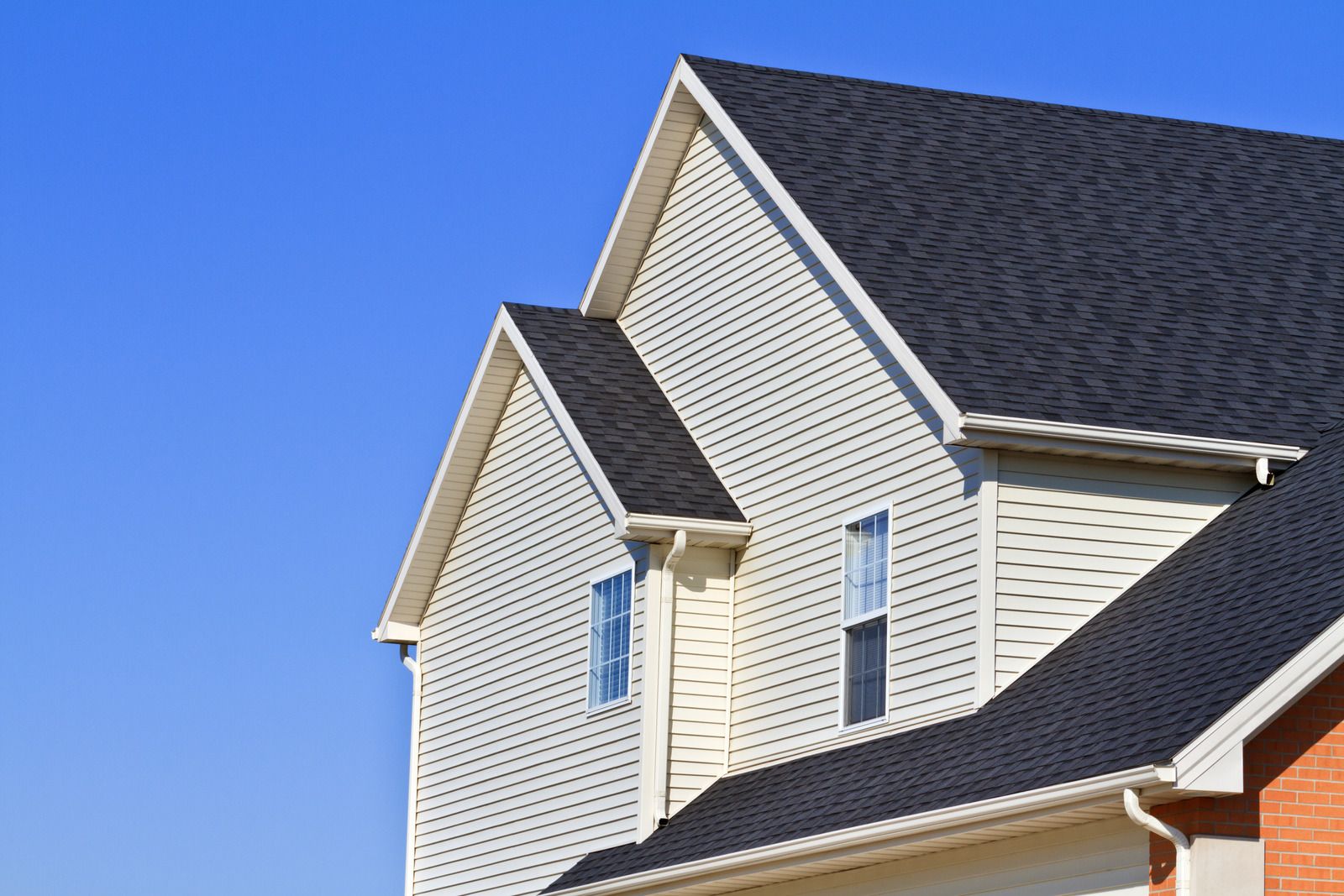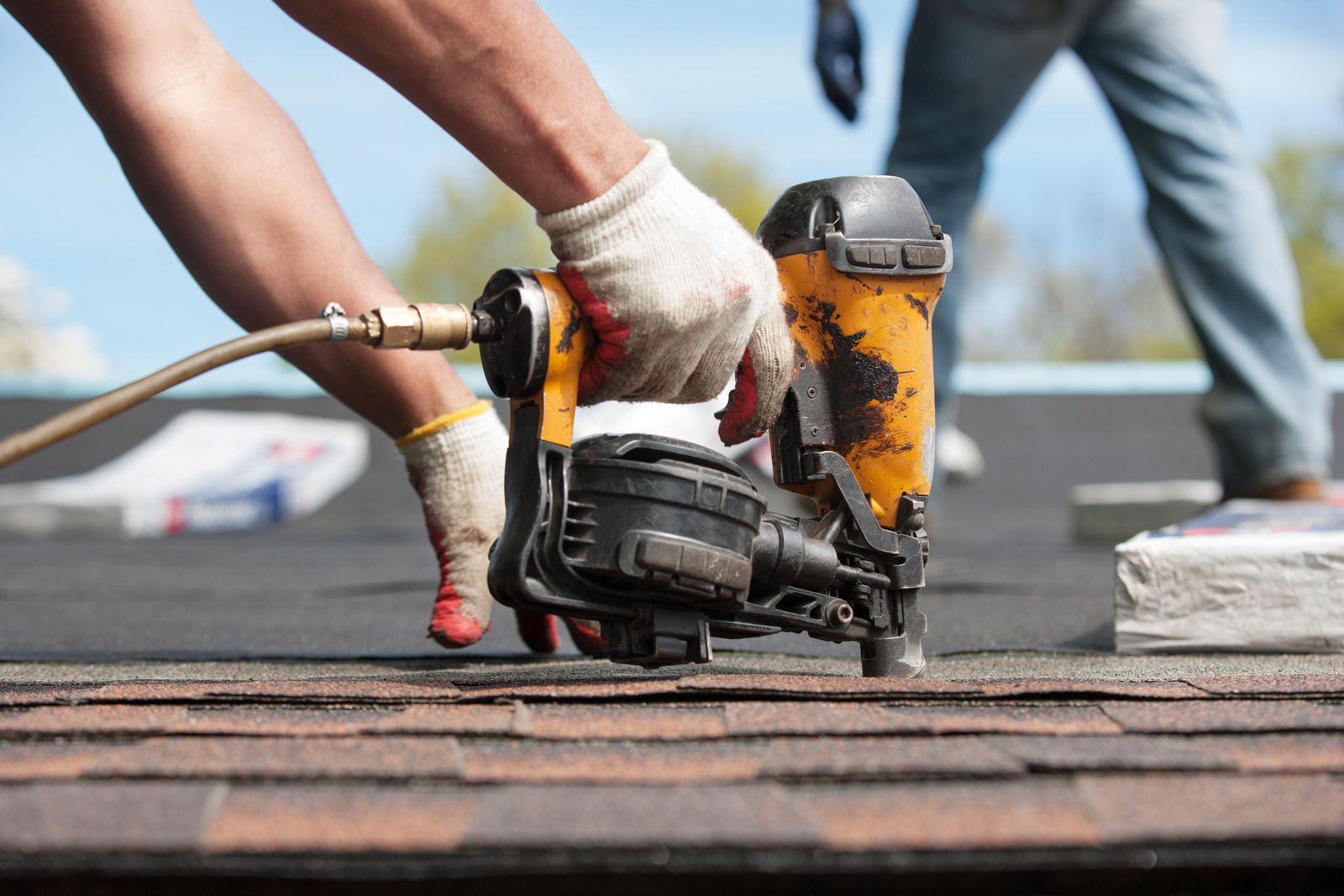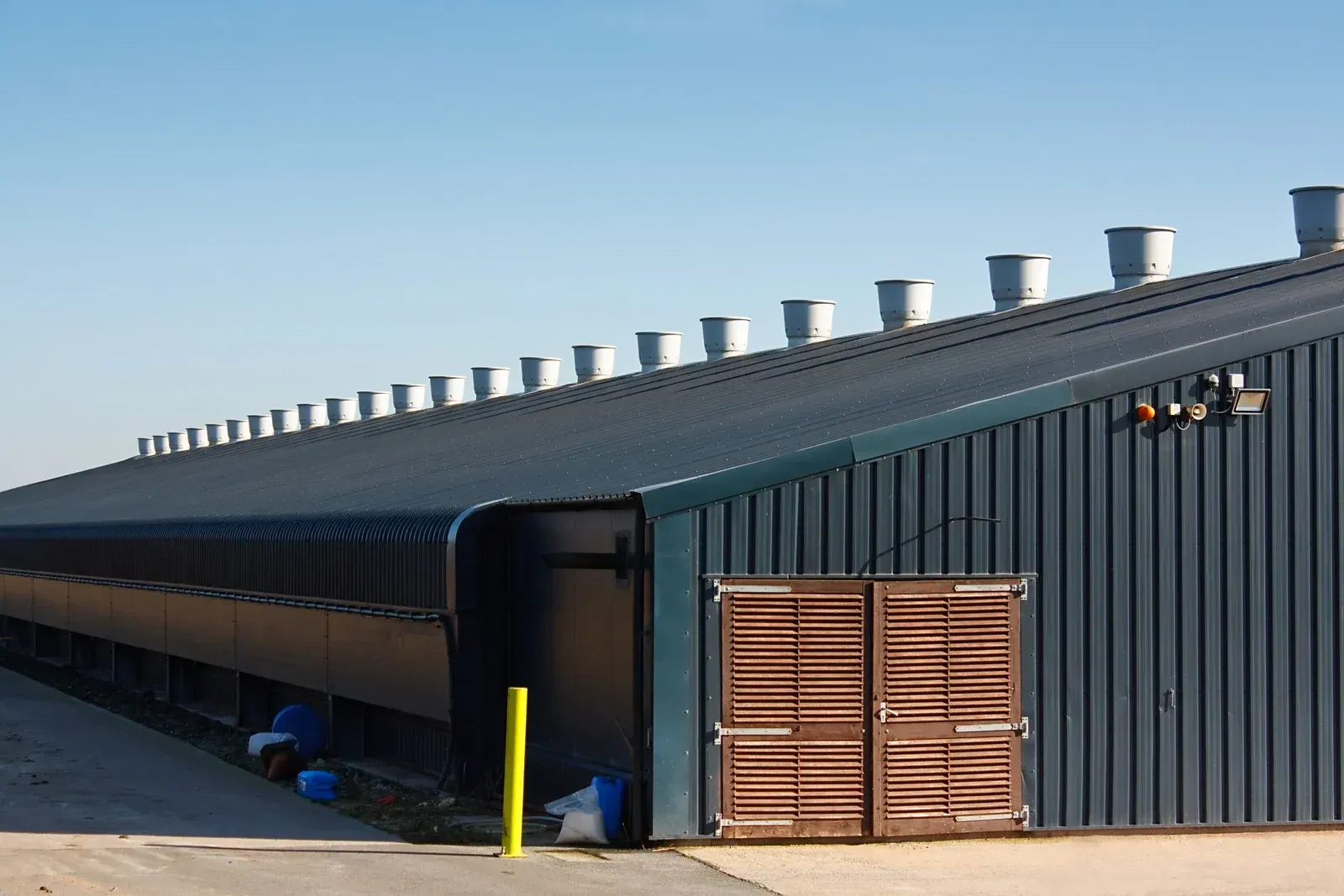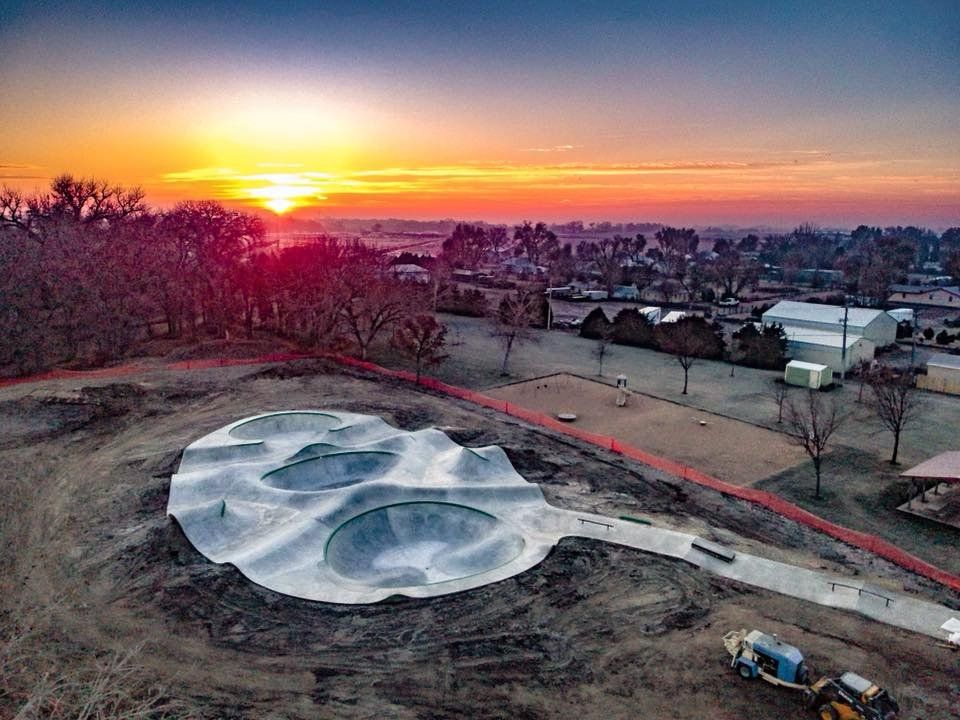Roofing Tips For Your Manufacturing Facility in Denver, Colorado
Denver, Colorado, is known for its temperate climate, mountainous geography, and stunning views. But as a business based in the area, you must protect your manufacturing facility from disastrous weather conditions like heavy snow, rain, or hail storms. That's why it's important to be well-informed about the types of roofing materials and techniques best suited for the environment of Denver, Colorado.
Denver Climate Considerations for your Roof
When it comes to roofing your manufacturing facility in Denver, Colorado, you need to consider a few climate considerations. The first is the temperature range. Denver experiences both very hot summers and cold winters. This can stress your roofing materials and cause them to expand and contract, leading to premature aging and deterioration. Make sure to choose materials that can withstand the extreme temperature changes Denver experiences.
The second consideration is wind. Denver is located in the "Windy City" and experiences high winds throughout the year. This can be tough on your roof, so choose materials that can withstand high winds without being damaged or torn off.
Finally, consider the amount of rain and snow Denver gets each year. While the city doesn't get as much precipitation as some other parts of the country, it does experience a fair amount of rainfall and snowfall.
Benefits of Investing in High-Quality Roofing
1. Enhanced safety: A sturdy, well-constructed roof protects your employees, equipment, and inventory from severe weather conditions like high winds, hail, and heavy rains.
2. Improved energy efficiency:
A good roof helps keep your facility cooler in the summertime and warmer in the wintertime, leading to lower energy bills.
3. Reduced noise pollution:
A thick, solid roof absorbs more sound than a thin one, reducing noise pollution inside and outside your facility.
4. Enhanced curb appeal:
A beautiful roof adds to the curb appeal of your property, making it more attractive to potential customers and clients.
Types of Roofs Available for Your Commercial Facility
Many types of roofs are available for commercial facilities, each with advantages and disadvantages. The most common type of roof is the pitched roof, typically made of asphalt shingles. Pitched roofs are generally less expensive than flat roofs and are easier to install. However, they are less durable than flat roofs and more susceptible to leaks and damage from high winds.
Another type of roof popular for commercial facilities is the metal roof. Metal roofs are very durable and can last for decades with proper maintenance. They are also fire-resistant and reflect heat well, making them a good choice for facilities in hot climates. However, metal roofs can be more expensive than other roofs and difficult to install.
Finally, there is the flat roof, which is a popular choice for many commercial facilities. Flat roofs are very durable and can last many years with proper maintenance. They are also easy to inspect and repair, making them a good choice for facilities that require frequent maintenance. However, flat roofs can be more susceptible to leaks than other roofs and can be damaged by high winds.
Tips When Developing Your Roof Maintenance Plan
1. Inspect your roof regularly and after severe weather events. Look for signs of damage, like missing or damaged shingles, leaks, or pooling water.
2. Make sure your gutters and downspouts are clear of debris to make water flow easier.
3. Repairs should be made immediately to prevent further deterioration if you notice any damage.
4. Regularly cleaning your roof will help to prolong its lifespan and prevent the build-up of dirt and debris.
5. When planning for roof repairs or replacement, consider the impact on your business operations and plan accordingly.
Closing Thoughts
There are a few things to remember regarding roofing for your manufacturing facility in Denver, Colorado. Following these tips will make sure that your roof will last for years. Contact a local roofing contractor if you have any questions or need help with your roofing project. They will be able to help you choose the appropriate materials and provide expert installation services.




